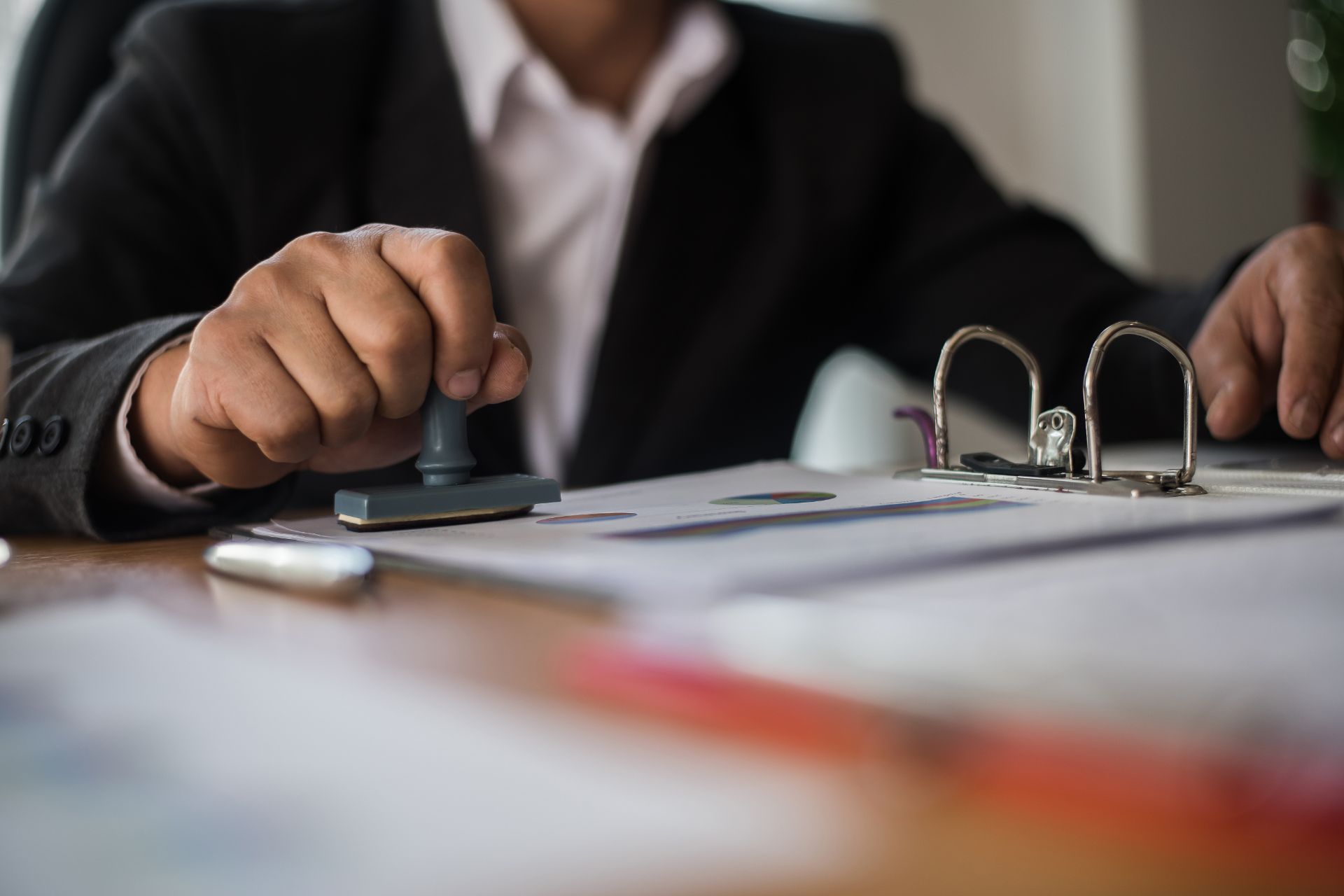Meeting with a Notary Public is often necessary when handling important legal documents, particularly those intended for use abroad or in official proceedings. Whether you’re getting a document notarized, having your signature witnessed, or verifying the authenticity of copies, proper preparation can ensure that your appointment goes smoothly. Below are some top tips to help you get ready for your meeting with a notary.
1. Bring the Right Identification
One of the most important requirements for notarization is verifying your identity. Notaries will ask for official photo identification to ensure that you are who you say you are. Acceptable forms of ID typically include:
- Passport
- UK or EU Driver’s License
- Government-issued ID cards
Make sure your ID is up to date, and check with the notary beforehand if they have specific requirements for identification. Some notaries may require two forms of ID, especially if your primary ID has recently expired.
2. Ensure Your Documents Are Complete
Before attending your meeting, double-check that all documents are complete and properly filled out. Notaries cannot notarize incomplete documents, and they are not allowed to provide legal advice on filling in the content. If you’re unsure about certain sections, consult a lawyer or the relevant authority before your appointment.
Additionally, make sure you understand the nature of the document and the purpose of the notarization, as the notary may ask questions to ensure that you are signing with full knowledge and consent.
3. Don’t Sign Documents in Advance
Unless you are explicitly instructed otherwise, it’s important not to sign any documents before meeting with the notary. The notary’s role is to witness the signing and verify that you are doing so voluntarily and with full understanding of the contents. Signing in advance could lead to the document being rejected for notarization, so wait until you are in front of the notary before adding your signature.
4. Bring All Supporting Documents
In addition to the main document you are having notarized, you may need to bring supporting documents to verify certain details. For example, if you are signing a power of attorney or certifying a will, you might need to provide proof of ownership, business contracts, or other related legal documents. Contact the notary in advance to ask if additional documentation is required for your particular case.
5. Check if You Need Witnesses
Some legal documents require witnesses in addition to the notary’s signature. Check your document requirements beforehand to see if witnesses are needed and whether the notary can provide them. If not, you’ll need to arrange for suitable witnesses to attend the meeting with you.
Witnesses should be neutral third parties who are not named in the document or related to you. Be sure they bring their own identification, as the notary will need to verify their identity as well.
6. Clarify Fees and Payment Methods
Notaries charge a fee for their services, and it’s important to clarify the cost before your appointment. Fees may vary depending on the type of document and the complexity of the notarization, so ask the notary for a fee schedule in advance. Additionally, confirm payment methods, as some notaries may only accept cash, while others might allow payment by card or bank transfer.
7. Ensure You Understand the Legal Process
A notary’s role is to verify the legality and authenticity of documents, but they cannot provide legal advice. Make sure you fully understand the implications of the document you are signing and its legal impact. If you’re unsure about any legal terms or consequences, consider consulting a lawyer before your meeting with the notary to clarify any concerns.
8. Plan for Time and Travel
Notary appointments can vary in length, depending on the number of documents and the complexity of the notarization. Plan enough time for your appointment to avoid rushing through the process. Additionally, if your notary is located some distance away, factor in travel time and arrive a few minutes early to avoid delays.
If you require a mobile notary service where the notary travels to you, confirm the details in advance and make sure the venue is appropriate for signing legal documents.
9. Check if Apostille or Legalization is Required
If your documents are intended for use abroad, they may require an Apostille or further legalization by the relevant embassy or consulate after notarization. Check with the notary whether you need these additional steps, especially if the document is going to a country that is not part of the Hague Apostille Convention. If necessary, the notary can assist you with the Apostille or legalization process, or guide you on how to obtain the proper certification.
10. Be Prepared to Answer Questions
The notary may ask you several questions to verify the purpose of the document, confirm your understanding, and ensure that you are signing voluntarily. Be prepared to answer these questions clearly and confidently. This is especially important for documents like affidavits, statutory declarations, and powers of attorney, where the notary must confirm that the document’s contents are understood and that you are acting of your own free will.
Final Thoughts
Meeting with a Notary Public is a straightforward process, but it requires careful preparation to ensure that everything goes smoothly. By gathering the right documents, bringing valid ID, understanding the process, and allowing enough time for the meeting, you can ensure that your documents are notarized quickly and without issues. Following these top tips will help you get the most out of your appointment and avoid any delays or complications.


0 Comments